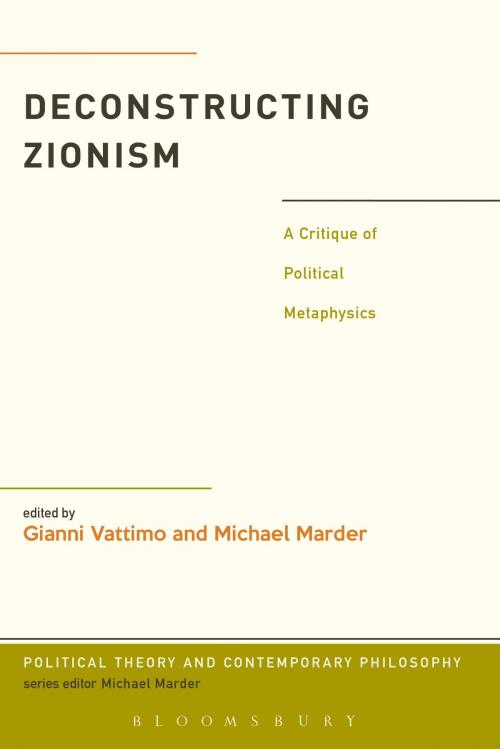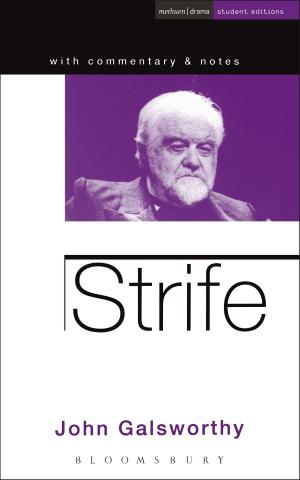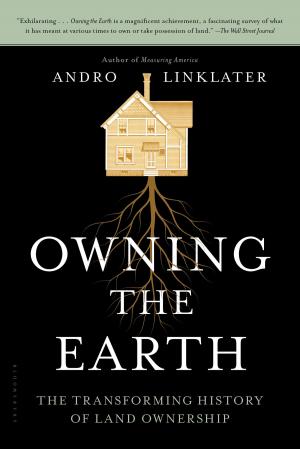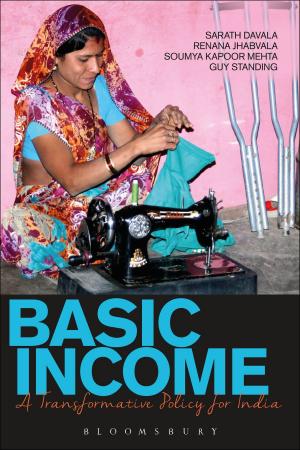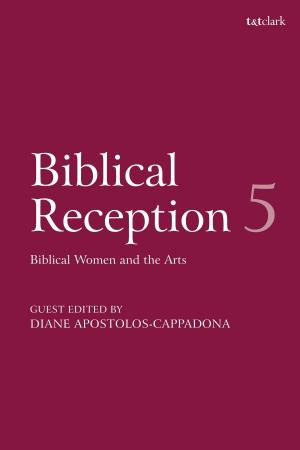Deconstructing Zionism
A Critique of Political Metaphysics
Nonfiction, Religion & Spirituality, Philosophy, Political, Social & Cultural Studies, Political Science| Author: | ISBN: | 9781441115560 | |
| Publisher: | Bloomsbury Publishing | Publication: | November 21, 2013 |
| Imprint: | Bloomsbury Academic | Language: | English |
| Author: | |
| ISBN: | 9781441115560 |
| Publisher: | Bloomsbury Publishing |
| Publication: | November 21, 2013 |
| Imprint: | Bloomsbury Academic |
| Language: | English |
This volume in the Political Theory and Contemporary Philosophy series provides a political and philosophical critique of Zionism.
While other nationalisms seem to have adapted to twenty-first century realities and shifting notions of state and nation, Zionism has largely remained tethered to a nineteenth century mentality, including the glorification of the state as the only means of expressing the spirit of the people. These essays, contributed by eminent international thinkers including Slavoj Zizek, Luce Irigaray, Judith Butler, Gianni Vattimo, Walter Mignolo, Marc Ellis, and others, deconstruct the political-metaphysical myths that are the framework for the existence of Israel.Collectively, they offer a multifaceted critique of the metaphysical, theological, and onto-political grounds of the Zionist project and the economic, geopolitical, and cultural outcomes of these foundations.
A significant contribution to the debates surrounding the state of Israel today, this groundbreaking work will appeal to anyone interested in political theory, philosophy, Jewish thought, and the Middle East conflict.
This volume in the Political Theory and Contemporary Philosophy series provides a political and philosophical critique of Zionism.
While other nationalisms seem to have adapted to twenty-first century realities and shifting notions of state and nation, Zionism has largely remained tethered to a nineteenth century mentality, including the glorification of the state as the only means of expressing the spirit of the people. These essays, contributed by eminent international thinkers including Slavoj Zizek, Luce Irigaray, Judith Butler, Gianni Vattimo, Walter Mignolo, Marc Ellis, and others, deconstruct the political-metaphysical myths that are the framework for the existence of Israel.Collectively, they offer a multifaceted critique of the metaphysical, theological, and onto-political grounds of the Zionist project and the economic, geopolitical, and cultural outcomes of these foundations.
A significant contribution to the debates surrounding the state of Israel today, this groundbreaking work will appeal to anyone interested in political theory, philosophy, Jewish thought, and the Middle East conflict.
